The National Poetry Month Festival: Postcard from Boston
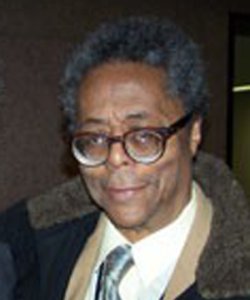
Boston-area poets and poetry fans came in from the cold last weekend to read, listen, and mingle at one of the city’s best-known literary events: the Boston National Poetry Month Festival.
Jump to navigation Skip to content

Boston-area poets and poetry fans came in from the cold last weekend to read, listen, and mingle at one of the city’s best-known literary events: the Boston National Poetry Month Festival.
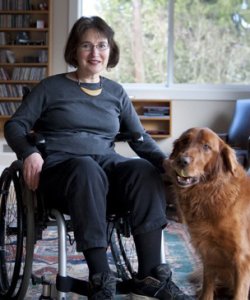
Award-winning poet Lucia Perillo would just as soon surrender the idea of a readership altogether and focus on what truly matters—great poetry.

The author of four poetry collections talks about his obsession with the unknown and the poem as a descendent of God.
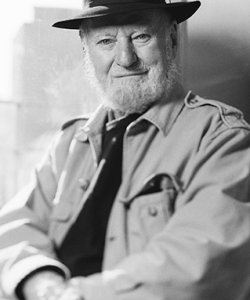
An interview with poet Lawrence Ferlinghetti about the Beat generation, City Lights Bookstore, and Ezra Pound.
Kathryn Starbuck has been around poets and poetry all her life, but she never wrote a single poem herself until about seven years ago, when she was grieving over the recent deaths of her parents, brother, and especially her beloved husband, the poet George Starbuck, who died in 1996 at the age of sixty-five, after a twenty-two-year battle with Parkinson’s Disease.
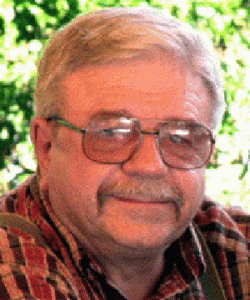
In the world of hip-hop, Lewis Turco would be considered an “Original Gangsta,” an “O.G.”—a title given to someone who started it all. In the more genteel business of poetry writing, however, Turco would be called an “Institution,” and what he started was nothing less than a renewed appreciation of poetic forms. Since its first edition in 1968, his reference book The Book of Forms has become a standard text for poets of all stripes. A cross between The Joy of Cooking and According to Hoyle for poets, Turco’s text remains a rarity: a reference book with personality. Turco’s lucid, empathetic entries on every form under the sun continue to serve many poets writing their first pantoums or settling drunken bets on the rhyme scheme of the rimas dissolutas (abcdef abcdef ghijlk ghijlk ..., if written in sestets).
Six months ago, John Barr was named president of the Poetry Foundation. While many poets had never heard of the former Wall Street investment banker (although he is the author of six books of poetry and served on the board of directors of Yaddo as well as that of the Poetry Society of America) many are now acutely aware of the leader of the organization that received a pledge of $100 million over the next thirty years from pharmaceutical heiress Ruth Lilly.
Naropa University has established the Naropa Audio Preservation and Access Project to archive the program's vast holdings of recorded readings, lectures, panel discussions, and workshops.
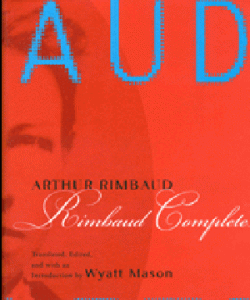
Wyatt Mason's Rimbaud Complete, published by Modern Library in March, is a translation of the complete writings of French poet Arthur Rimbaud (1854-1891). The book contains all of his poetry—from his earliest juvenilia to his later poems, which Rimbaud wrote in his early twenties, before he stopped writing poems altogether. The volume contains fifty pages of previously untranslated material, including all the poet's earliest verse, a school notebook, and a rough draft of his best known poem A Season In Hell.